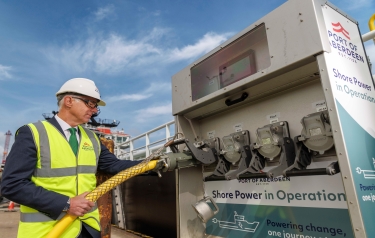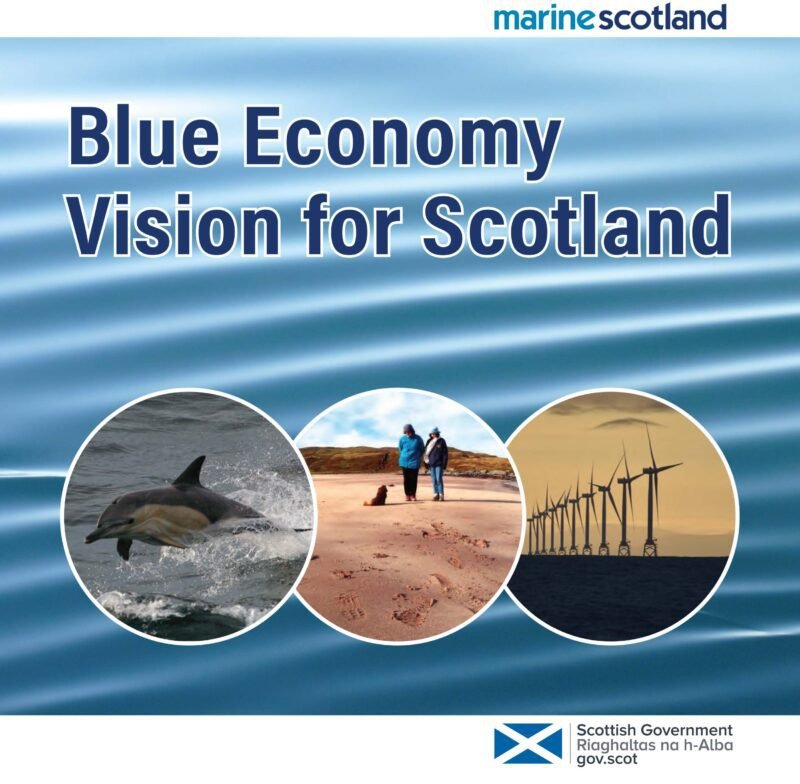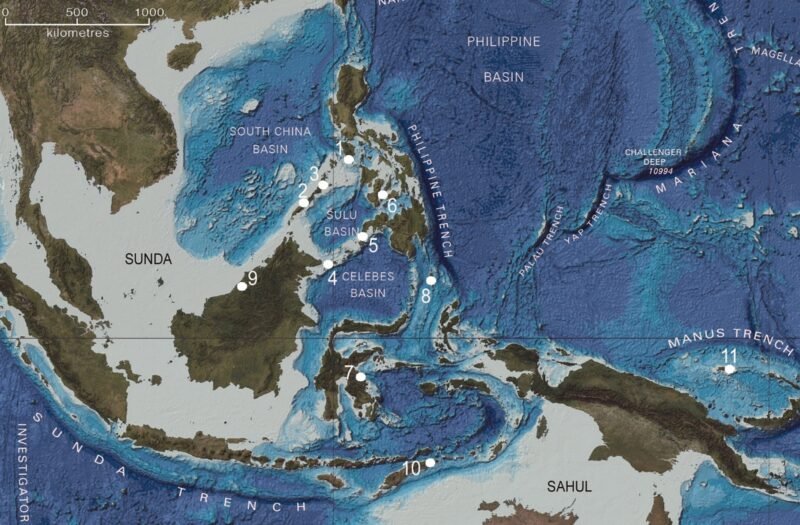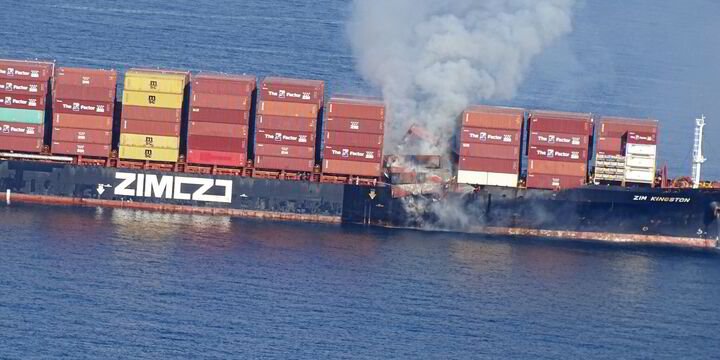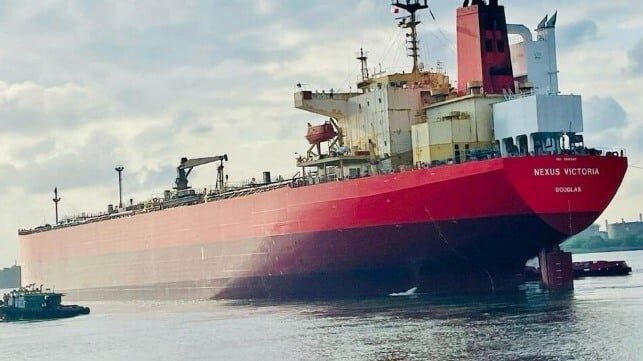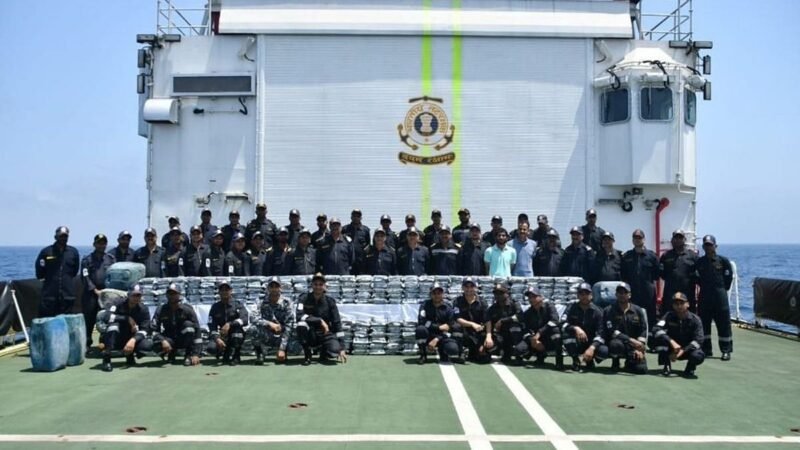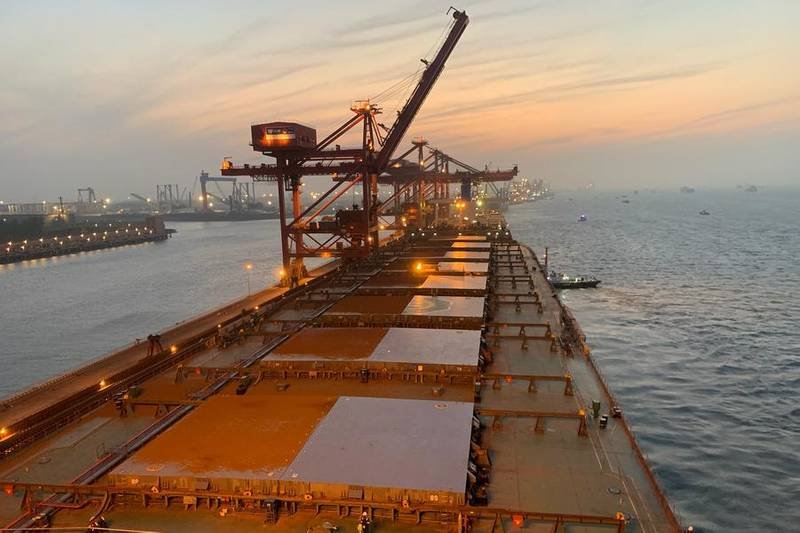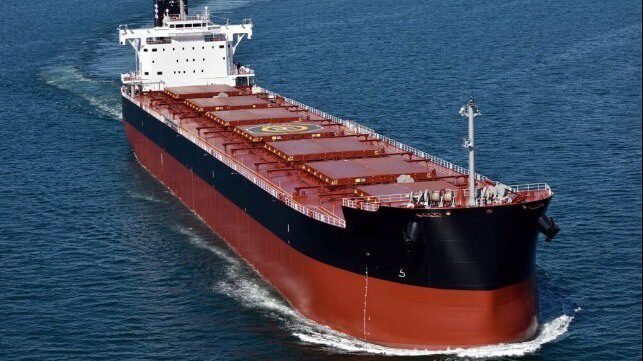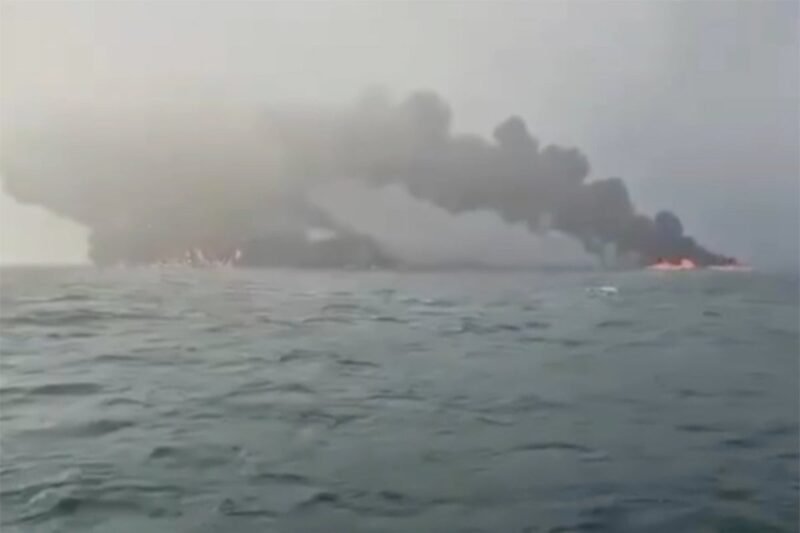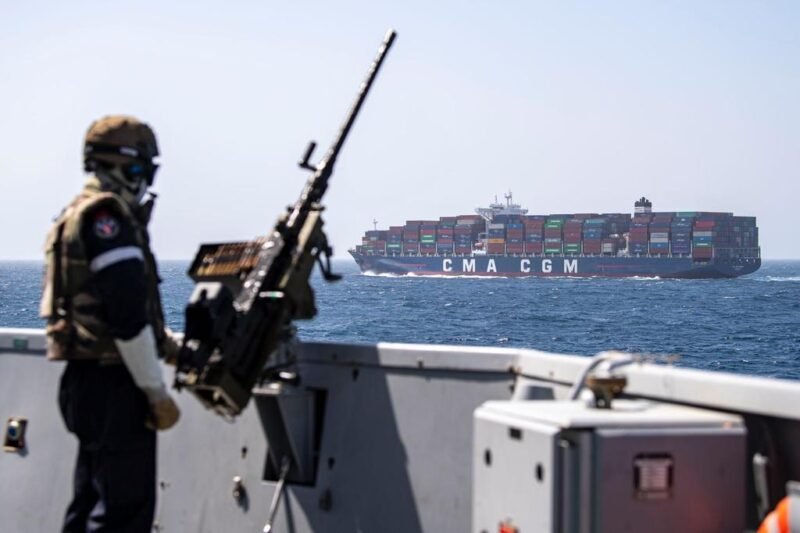New research from Scottish Heriot-Watt University reveals that Scotland is lacking crucial information in managing its marine resources. The study found that over half of vessels operating in the country’s coastal waters are not visible to standard maritime tracking systems, posing a significant challenge in understanding the impact of vessels on marine life. Only 43 percent of vessels within a 10-kilometer radius of the Scottish coast broadcast an Automatic Identification System (AIS) signal, which is essential for monitoring ship movements. Smaller vessels, like fishing boats and recreational craft, are among those not required to carry AIS, further contributing to the lack of data.
The study, published in the academic journal Marine Policy, emphasizes the risks posed by the lack of visibility of vessels to marine life, safety, and sustainable ocean management. Scotland’s coastal waters are home to important species like bottlenose dolphins, minke whales, and orcas, making it crucial to have accurate data on vessel activities. The researchers highlight the importance of improving understanding and monitoring of different types of vessels to inform regulations and enhance safety in the maritime sector.
The research calls on Scottish authorities to address the issue of untracked vessels operating in the country’s waters, particularly in popular areas for ecotourism, fishing, and aquaculture. The study’s authors stress the need for all types of vessels, including smaller ones, to broadcast their position using AIS to better balance tourism and vessel-based activities with local sustainability and environmental goals. By taking proactive measures to ensure comprehensive tracking of vessels, policymakers can enhance marine planning and protect marine ecosystems effectively.



